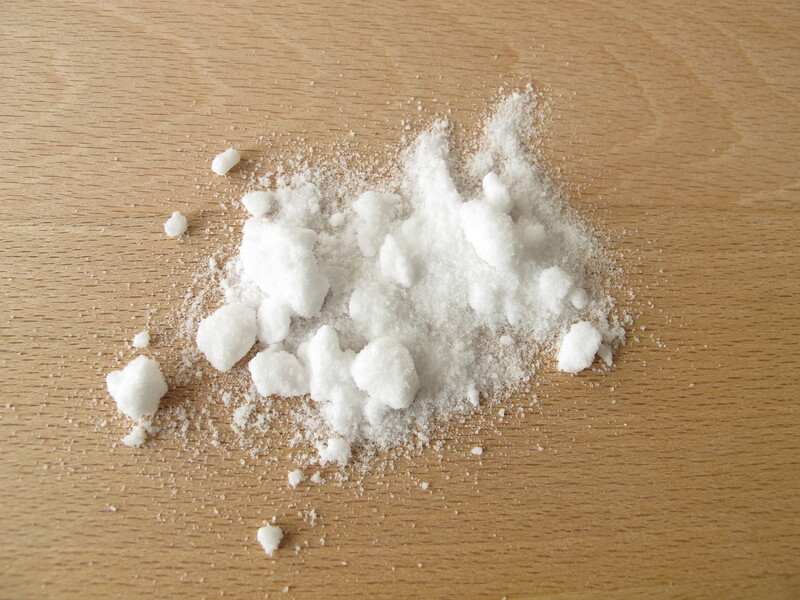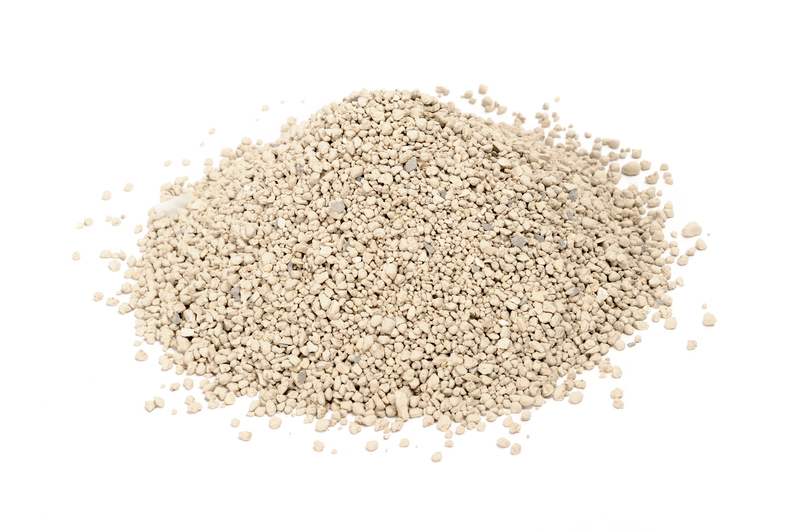Descale Your Kettle: Quick and Easy
Posted on 29/07/2024
A kettle is a staple in many households, offering the convenience of quickly boiling water for everything from tea and coffee to instant soups. However, over time, mineral deposits can build up inside your kettle, leading to scaling. This can not only affect the taste of your drinks but also reduce the efficiency of your appliance. Fortunately, descaling your kettle is a simple task that can be done quickly and easily. In this guide, we'll show you how.
What is Scaling?
Scaling is the accumulation of minerals, primarily calcium and magnesium, inside your kettle. This typically happens in areas with hard water, which has high mineral content. When water is boiled, these minerals get left behind and form a white, chalky residue. If not cleaned regularly, this scaling can lead to problems such as reduced heating efficiency and even damage to the heating element.

How to Know When Your Kettle Needs Descaling
There are several signs that your kettle might need descaling:
- White mineral deposits forming inside the kettle
- Water taking longer to boil
- A cloudy appearance in your boiled water
- An unusual taste in your beverages
How to Descale Your Kettle
There are various methods to descale your kettle, but we'll focus on the quickest and easiest techniques using household items.
Using White Vinegar
One of the most popular natural descaling agents is white vinegar due to its acidity, which effectively breaks down mineral deposits.
1. Fill the kettle halfway with equal parts water and white vinegar.
2. Boil the solution and let it sit for about 15-20 minutes.
3. Pour out the solution and rinse the kettle thoroughly with fresh water.
4. Boil fresh water once or twice to remove any remaining vinegar taste.
Using Lemon Juice
Lemon juice works similarly to vinegar but leaves your kettle with a fresh, citrus scent.
1. Mix lemon juice and water in equal parts and fill the kettle halfway.
2. Boil and let it sit for 15-20 minutes.
3. Pour out the solution, rinse thoroughly with fresh water, and boil fresh water to clear any residual lemon taste.
Using Baking Soda
For tough scaling, baking soda can be very effective.
1. Add a tablespoon of baking soda to a kettle filled halfway with water.
2. Boil the mixture and let it sit for about 15-20 minutes.
3. Pour out the solution, rinse thoroughly, and boil fresh water to ensure all residue is gone.
Troubleshooting Common Descaling Issues
Even with the simplest methods, sometimes things don't go as planned. Here are some common issues and how to handle them:
- Persistent Descale: If scaling is stubborn, repeat the descaling process once or twice more.
- Residual Smell: Boil a mixture of water and a bit of baking soda to help eliminate any lingering smell from vinegar or lemon.
- Filters: Remember to clean or replace any filters in the spout, as they can also collect scale.
The Pros and Cons of Descaling Your Kettle
Pros:
- Improved Efficiency: Descaled kettles heat up faster, saving energy and time.
- Better Taste: Reduces mineral taste in water, improving the flavor of your beverages.
- Longer Lifespan: Regular maintenance can extend the life of your kettle.
Cons:
- Time-Consuming: Requires regular maintenance to stay effective.
- Residual Smell/Taste: Vinegar or lemon juice might leave a taste if not rinsed thoroughly.
- Cleaner Cost: Commercial descaling solutions can be more expensive than DIY methods.
Tips for Maintaining a Scale-Free Kettle
- Regular Cleaning: Make it a habit to descale your kettle every 4-6 weeks.
- Boil Filtered Water: Using filtered water can significantly reduce the mineral buildup.
- Quick Rinse: After each use, give your kettle a quick rinse to reduce buildup.

Key Takeaways
- Regular descaling is essential for optimal kettle performance and taste.
- Natural household items like vinegar, lemon juice, and baking soda are effective descaling agents.
- Maintenance is relatively simple but needs to be consistent.
- Understanding the pros and cons helps in making an informed decision about descaling methods.
Conclusion
Descaling your kettle is a straightforward but essential part of appliance maintenance. By using simple household products like white vinegar, lemon juice, or baking soda, you can keep your kettle in top shape, ensuring both efficiency and the best possible taste in your hot beverages. Regular maintenance will not only extend the life of your kettle but also make sure it performs at its best. So, don't put off this easy task--give your kettle the care it deserves.
Latest Posts
Tips for Safely Cleaning Car Leather Seats
Effective Carpet Stain Removal
Preserving the Elegance of Velvet Curtains Through Washing
A Comprehensive Guide to Ridding Your Toilet of Unsightly Limescale







